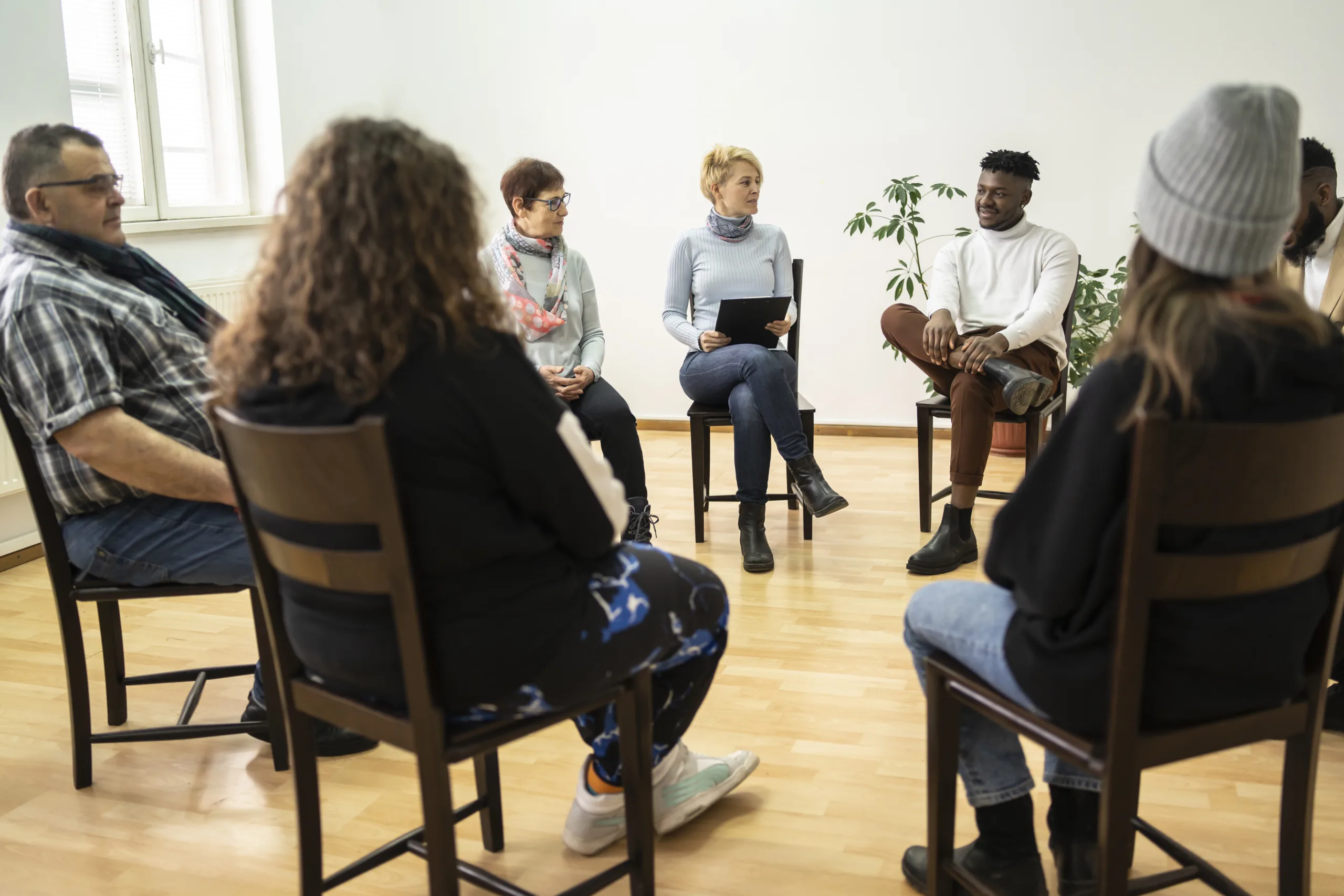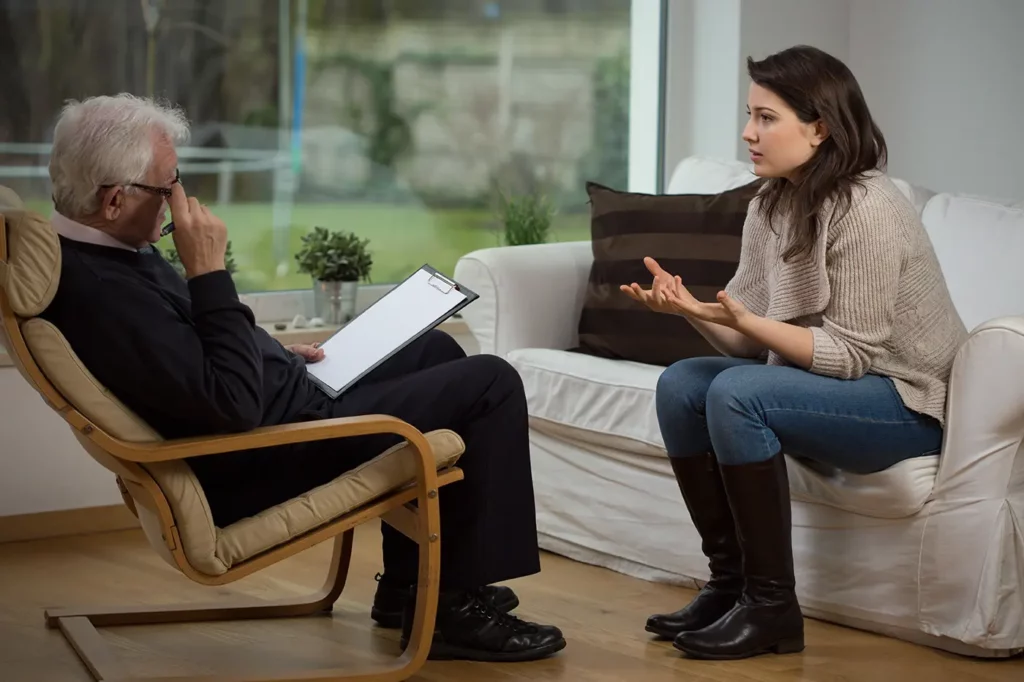24/7 Helpline:
(866) 899-221924/7 Helpline:
(866) 899-2219
Learn more about Group Therapy centers in Monrovia
Group Therapy in Other Cities

Other Insurance Options

Health Partners

Magellan

AllWell

Premera

Health Choice

Meritain

Ceridian

Magellan Health

Ambetter

Humana

Coventry Health Care

Highmark

Excellus

Molina Healthcare

GEHA

PHCS Network

Absolute Total Care

Providence

Optum

Covered California

Living Proof Recovery Center
Living Proof Recovery Center is a private rehab located in Monrovia, California. Living Proof Recove...

Garfield Place Transitional Sober Living Home
Garfield Place Transitional Sober Living Home is a private rehab located in Monrovia, California. Ga...

Alcohol Abuse and Addiction Information and Treatment
Alcohol Abuse and Addiction Information and Treatment is a private rehab located in Monrovia, Califo...













